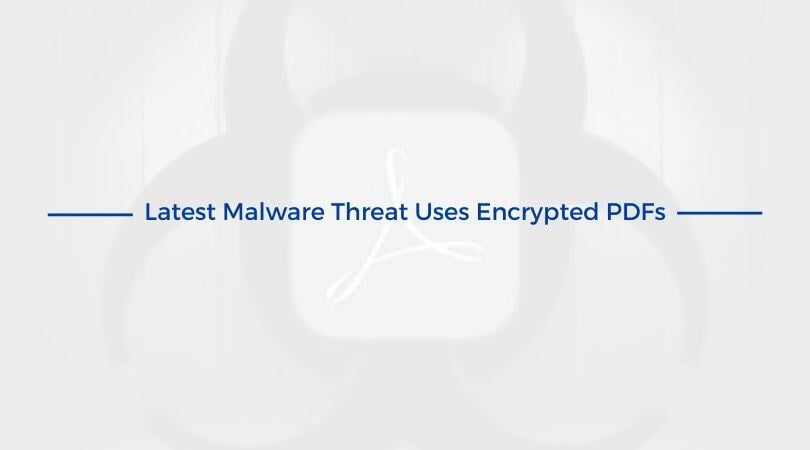10 Shocking Phishing Facts
Are you doing enough to protect your business and yourself from phishing attacks? If you think you aren’t likely to be a victim, we recommend...
2 min read
Megan Schutz : Updated on October 24, 2024

With all this talk of increased cybersecurity measures and vulnerability to phishing attacks, you may be wondering: what are the most vulnerable departments and sectors to phishing attacks?
The entire motivation behind cyber attackers is to identify and pursue system vulnerabilities and illegally access sensitive data–whenever and wherever they can get their hands on it.
The business world takes the brunt of it, which is why cybersecurity trends and statistics try to predict where the most significant vulnerabilities exist. Here are some quick stats for you:
These stats are just some of the many reasons why identifying network vulnerabilities is vital–and, more importantly, whether your industry or sector is at greater risk than the next.
Taking data from 410,000 phishing emails over one year, Keepnet Labs was able to identify the departments and sectors that are most vulnerable to phishing attacks. (Full Report: Source)
First, let’s identify how these departments and sectors were attacked. First of all, one out of every eight people share the information that is requested by attackers. That’s a high percentage playing right into the requests of cyber attackers! Here are some other significant statistics that play into how specific departments and sectors are victims to cyber attacks more than others:
Based on the above, Keepnet Labs found specific data about which departments and sectors are most vulnerable to cyber-attacks.
As we consider vulnerable departments and sectors, it’s also essential to recognize which departments and sectors experience the most data sharing.
These departments include:
These sectors include:
At PK Tech, we are firm believers that knowledge is power. These statistics provide us with specified experience to proactively protect more vulnerable systems from unnecessary cyberattacks. It also helps you, the business owner or employee, from being an unnecessary victim to an attack. Educate yourself. Be proactive. Ask PK Tech for help when in doubt! Contact us here.

Are you doing enough to protect your business and yourself from phishing attacks? If you think you aren’t likely to be a victim, we recommend...

A new breed of malware has emerged, leveraging encryption techniques to infiltrate systems and wreak havoc.

When it comes to phishing attacks, a few techniques are most commonly used to attack PCs. Data from cybersecurity company Proofpoint analyzed...